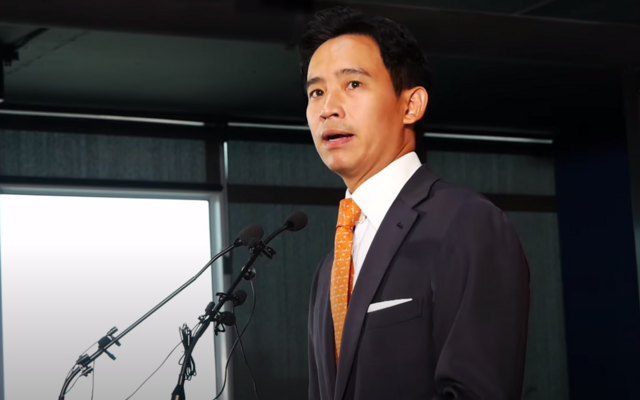Written by George Pipiou (PPE)

The one-line argument employed to discredit populism is a reiteration of the mantra that ‘populism is incompatible with democracy’. In this article I aim to prove that this is actually far from the truth. A simple etymological decomposition of the word democracy into its two Greek components dêmos and kratía sheds light on this. For the ancient Greeks, the demos was nothing more than the ‘mob’ — the mass of ordinary people living in the city-state — and the reins of power in a democracy were essentially held by those people. This conception of Athenian democracy was vastly disparate from the Western, liberal version of this system of government. An exclusivist political system in nature, it restricted the exercise of power to the sub-strata of Athenian society considered ‘fit’ to rule: adult males who had paid their due towards the city-state. This political project excluded the vast majority of the population: women, children, slaves, and foreign residents of Athens (Cartledge, 2011). Yet, even this unjust — by modern standards — political project was considered too inclusive by important contemporary figures such as Thucydides and the often-cited philosophical duo of Plato and Aristotle. A tyranny of the poor by the rich and the unfitness of common people in deciding correct policies were a few of the accusations. It is self-evident how the modern conception of democracy – built on principles of equality, representation and social inclusivity – is antithetical to the original democratic project.
However, populism professes an adherence to this original understanding and scope of democracy. Populist leaders’ elevation and deification of the ordinary people coupled with an absolute faith in their ability to conduct politics and be their own representatives is nothing more than a modern re-formulation of the dêmos. The verbal attacks on groups considered ‘unfit’ for having a political daresay in this homogenised system, such as immigrants and other minority groups, echo the banning of these aforementioned social groups from participating in Athenian politics. Hence, populist ambitions for transforming their political systems are not inherently un-democratic. Rather, what populism is radically opposed to is the liberal reformulation and alteration of democracy to adapt to and reflect the Western world’s changing societal attitudes (Müller, 2016). In demonising the so-called political elite, populists aim to revert to an Athenian conception of decision-making which discards those ‘incompetent’ intermediaries comprising the executive and legislative branches of government, and transfer the reins of power back to the people (Urbinati, 2014). This is precisely the reason why exercises in direct democracy such as the Brexit referendum and the Italian constitutional referendum are widely celebrated by populist political figureheads.
If one has not been convinced by this continuity between the original Athenian democracy and its modern, populist rebranding, it is worth remembering that populists are only handed the right and power to undermine modern, liberal democracies by the political system itself. The openness and inclusivity of the latest form of Western democracy is precisely what enables such voices to be heard, eventually seek votes, and get elected in positions of power. In line with liberal principles of free speech and equal access to political office — provisions put in place to accommodate those marginalised social groups — populist rhetoric and eventual power-grabbing cannot be shut down. In a bid to remain credible and self-consistent, democratic systems have offered those parties and rhetoricians an accessible route to power.
This is evident from the increasing electoral victories of parties and politicians considered populist across the world, with the most notable example being the election of Donald Trump to the US Presidency. Yet, these are precisely the conditions which entangle our democracy in a self-imposed ‘Gordian knot’. It is time mainstream politicians accepted that efforts to protect minority groups are incompatible with giving populists the platform to be heard. In a post-Auschwitz world, it is unfathomable for groups and parties openly and uncompromisingly advocating messages of hate, racism, xenophobia and intolerance to be allowed to operate. Liberal values of the freedom of expression and opinion cannot override one’s right to live in a society free of fear, prejudice and scapegoating. It is not possible to eradicate such private opinions, but this is precisely where they should be expressed: in the private domain. The price is too high to pay for allowing democracy to succumb — once again — to the voices of hatred and paranoia. After all, the rallies at Nuremberg happened not long ago.
Bibliography:
Cartledge, P. (2011, February 17). The Democratic Experiment. Retrieved from <http://www.bbc.co.uk/history/ancient/greeks/greekdemocracy_01.shtml>
Müller, J. (2016). What Is Populism?. Philadelphia, PA: University of Pennsylvania Press.
Urbinati, N. (2014). Democracy Disfigured: Opinion, Truth and the People. Cambridge, MA: Harvard University Press.
Photo credits: https://europe.wisc.edu/populism-political-contention-crisis-democracy-symposium/






